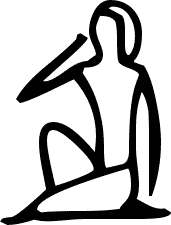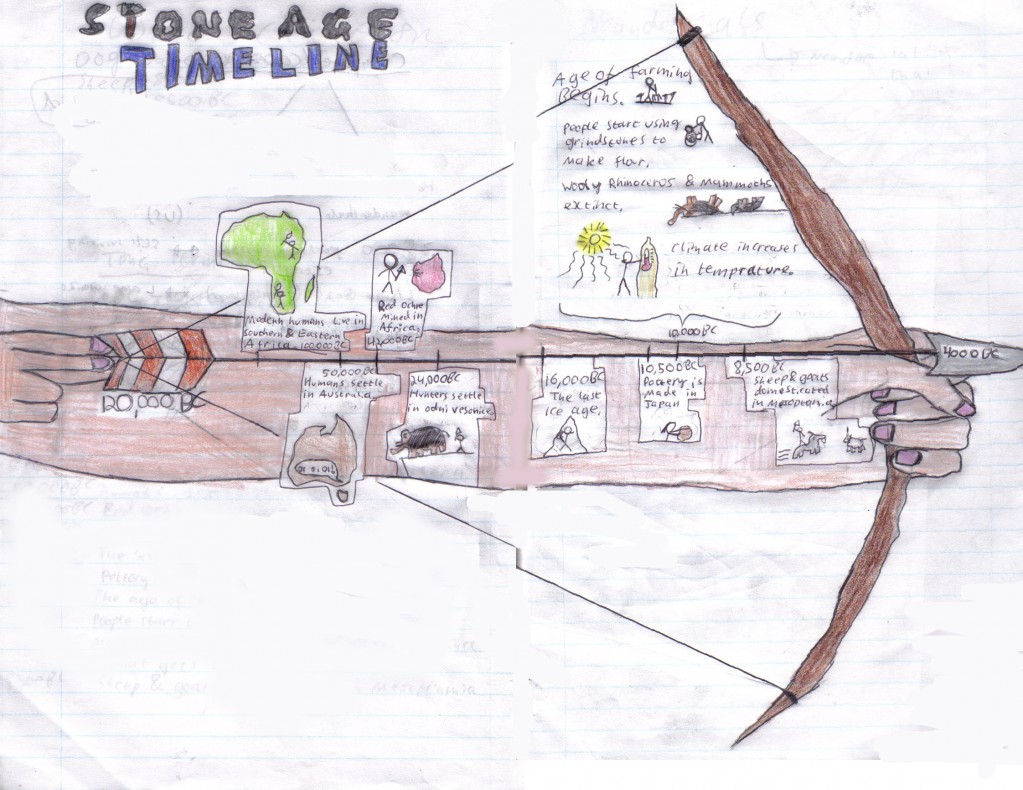…there is no country that possesses so many wonders…
Herodotus

Egypt has a great fascination for historians. In fact, the study of ancient Egypt has its own “-ology”. In today’s class you will be doing some reading and activities to induct you into the world of the Egyptologist.
Egyptology has been around for a long time. Herodotus, that man who has been dubbed the “father of history”, visited ancient Egypt in the mid 5th century BC; by that time, the civilisation had already been in existence for thousands of years. Nevertheless, the knowledge of how to read hieroglyphs was lost a few hundred years later, and for at least one and a half thousand years no one was able to decipher all those intriguing symbols. Then a man called Jean-Francois Champollion broke the code. His stroke of genius meant that thousands of primary sources could suddenly be read. It was a huge boost for Egyptology and the study of history.
I’m saving Champollion’s story, however, for another day. Today is strictly introductory. But keep in mind that in the 1800s and early 1900s there were huge numbers of historians and archaeologists trying to get the story of ancient Egypt down pat. Many were from England, which explains why many great Egyptian treasures may be seen in London in the British Museum, along with some Greek marbles. (There’s been great controversy over whether the British should give the Elgin marbles back – and countless other treasures of antiquity.)
One of the reasons Herodotus was interested in Egypt was that he found the culture of the Egyptians strange as well as fascinating. You may feel the same as you wander the desert sands, sail across the Nile and show your embalming skills on our class mummy. I hope so.
Play the Mummy Maker Game at the BBC website by clicking here
Read about the power of the Pharaohs here
View the treasures of Tutankhamen here
Convert your name to hieroglyphs here


I went to Egypt in 1987. It was hot, fascinating and hot!
Here are some more websites to whet your curiosity about this ancient civilisation:
Click on these links to find out more about the Nile River:
http://www.ancient-egypt-online.com/river-nile-facts.htmlhttp://www.bbc.co.uk/history/ancient/egyptians/nile_01.shtml (for serious readers only!)
Click on these links to discover details of the lives of peasant farmers:
http://www.egyptologyonline.com/Work%20&%20Trade.htmhttp://www.bbc.co.uk/worldservice/specials/1624_story_of_africa/page89.shtml (This site explains that it was peasant farmers rather than slaves who were responsible for the great monuments of ancient Egypt.)
For a detailed account of how the ancient Egyptians made beer and bread, go to:
http://www.mnsu.edu/emuseum/prehistory/egypt/dailylife/breadmaking.htm
To read about Hatshepsut, a rare woman pharaoh, go to:
http://www.bbc.co.uk/history/ancient/egyptians/hatshepsut_01.shtml
 Back soon! Be good for your sub.
Back soon! Be good for your sub.




